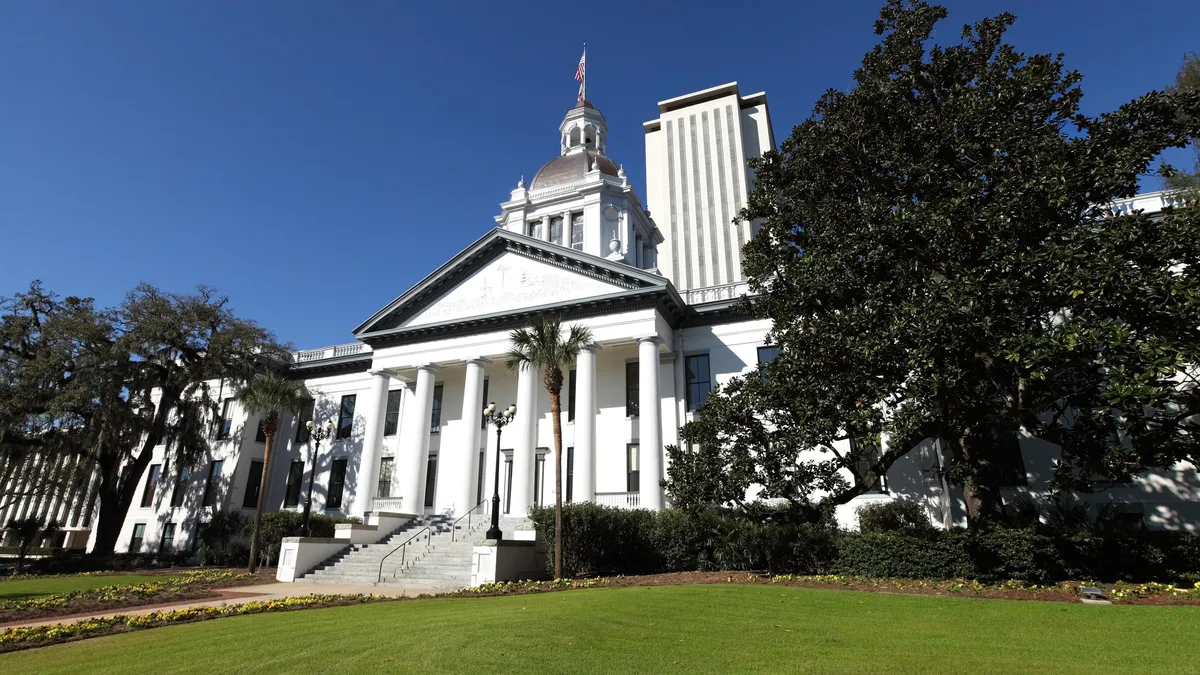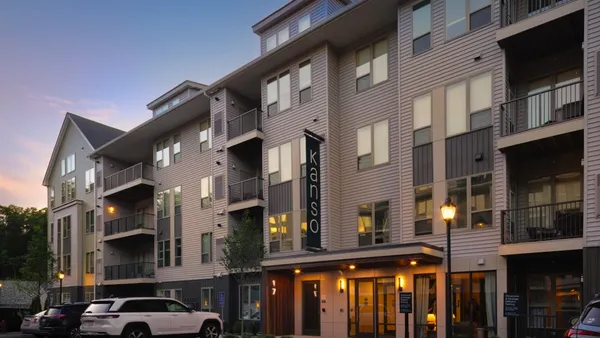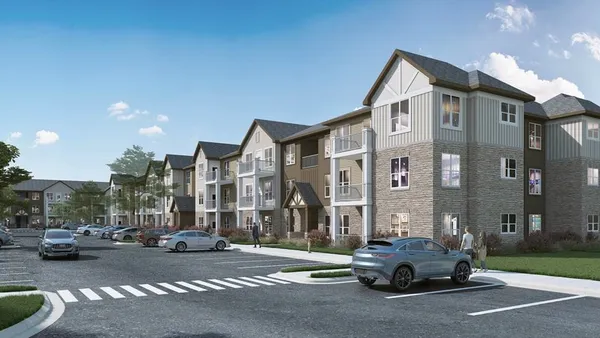Dive Brief:
- One of the government-sponsored enterprises has created a tool to help owners and managers track changing state legislation around tenant protection issues.
- The Freddie Mac report outlines each state’s approach to 18 tenant protection topics, including screening, rent control, right to legal counsel in eviction processes, habitability and retaliation, pre-eviction protections and eviction fees and diversion.
- Out of the 50 states, plus Guam and the District of Columbia, only three have jurisdiction-wide limits on rent increases — California, Oregon and the District of Columbia. Seven prohibit landlords from considering certain information — usually criminal history — during tenant screening, and all states except Illinois and New Jersey have minimum habitability requirements for apartments.
Dive Insight:
Landlord and tenant relationships are primarily governed by state law, according to the report, although some federal laws, such as the Fair Housing Act and Title VI of the Civil Rights Act, may preempt or supplement state law. The report did not take local or federal laws into account, or laws related to COVID-19 pandemic protections.
While jurisdiction-level laws governing rent increases vary widely, very few states currently set state-wide limits. Maine, New Jersey, New York, Maryland and Minnesota have no state-wide rent control, but some manner of rent control is active in a local jurisdiction within each state, according to the National Multifamily Housing Council’s map of rent control laws by state. A majority of states (including Minnesota) preempt rent control by law in local jurisdictions.
Local and state governments nationwide are dealing with a housing shortage that has made renting or buying difficult for people with low or moderate incomes. The Biden administration last month announced several federal actions aimed at protecting renters and making renting more affordable.
Presently, the biggest battleground for state-level tenant protections is in Florida. State Senate Bill 102, dubbed the Live Local Act, would if passed ban the state’s jurisdictions from passing local rent control laws, provide $100 million in tax incentives for developers to build affordable housing and modify zoning procedures to encourage denser housing.
The bill’s rent control ban and lack of renter protections have drawn the ire of some affordable housing advocates. The provision escalates a fight that began last year, when voters approved, despite a temporary injunction, a November ballot measure that would impose rent controls in Orange County, Florida. Orange County’s commissioners voted 5-2 to appeal the court ruling last fall











